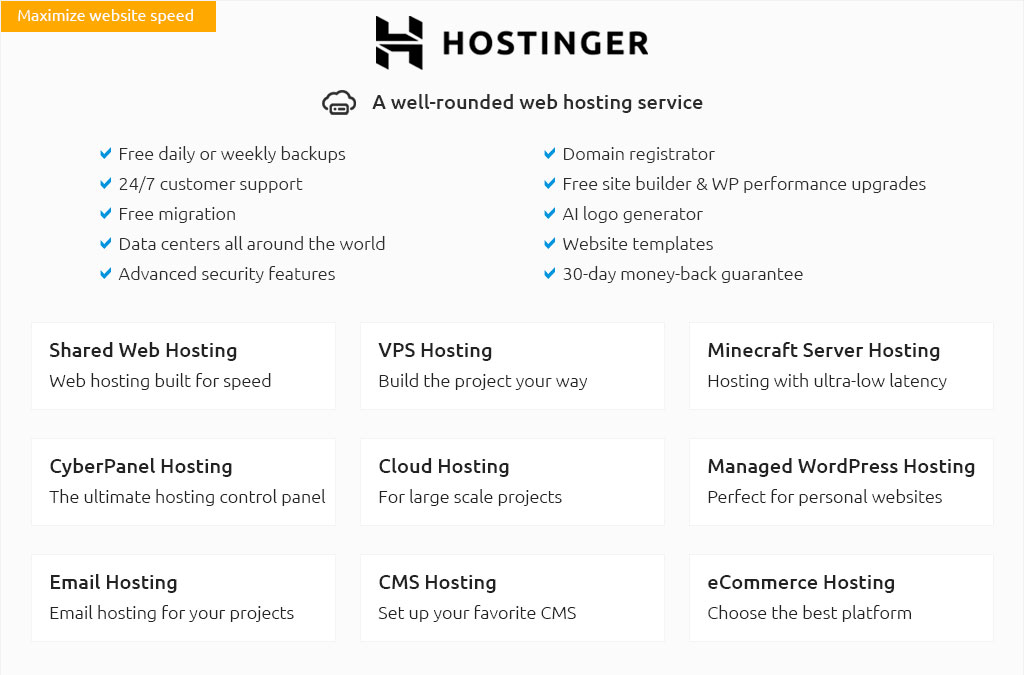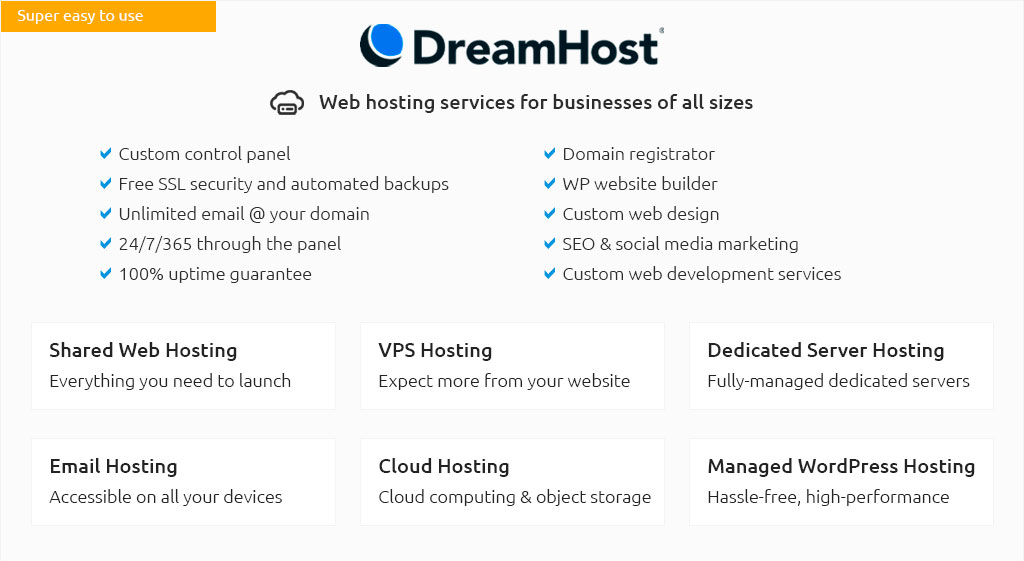 |
|||
 |
 |
 |
|
 |
|
 |
 |
 |
|||
 |
|||
 |
|||
 |
|||
 |
 |
|
Discover the ultimate gateway to digital success with our unparalleled Web Hostings Review, where your journey to the perfect domain name and web hosting begins; we cut through the noise with precision and clarity, providing you with in-depth insights and expert recommendations that empower you to make informed decisions and elevate your online presence, because settling for mediocrity is not an option when your vision demands excellence, reliability, and speed-this is more than a review; it's your launchpad to the thriving digital landscape.
https://www.forbes.com/advisor/in/business/software/domain-vs-hosting/
A domain name is a website's digital identity that allows internet users to access your website easily. Whereas, web hosting stores your ... https://support.squarespace.com/hc/en-us/articles/215754007-Web-hosting-vs-domain-hosting
Web hosts store content, like a website, on internet servers. Domain hosts provide domain names, which are the addresses that help visitors ... https://www.godaddy.com/resources/ca/general/whats-the-difference-between-a-domain-name-and-hosting
No, web hosting is not the same as domain name. Hosting stores your website, while a domain name is the address for visiting your website. Does ...
|